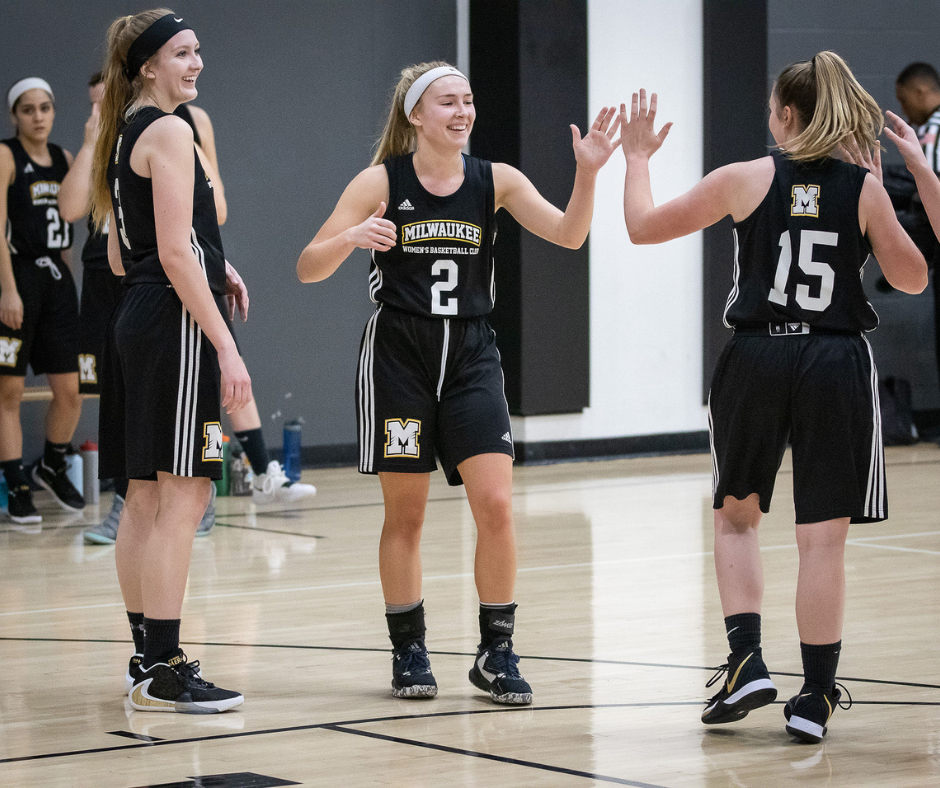
College Club Sports: The Best-Kept Secret in Youth Sports
College Club Sports: The Best-Kept Secret in Youth Sports. For many families, the dream is clear: Division I athletics. A scholarship. National Signing Day. The social media post. The spotlight.
But here’s what more people should be talking about:
There’s another path that’s still competitive, still meaningful, and maybe even more aligned with what today’s youth athletes actually want and need.
It’s collegiate club sports, and it’s one of the best-kept secrets in youth sports.
When an Athlete Chooses NOT to Play in College
Why Collegiate Club Sports Are So Valuable
What makes club sports so special isn’t just that they offer a chance to keep playing—it’s how much ownership students have in the process. Unlike traditional programs where everything is coach-directed, club athletes are often the organizers, leaders, and decision-makers. They’re not just showing up to compete; they’re building something from the ground up. And in doing so, they’re developing the kinds of skills—collaboration, initiative, time management—that stand out on resumes and open doors when it’s time to apply for internships or jobs.
In club sports, the students are in charge. They manage every aspect:
-
Building and organizing the team
-
Running tryouts and recruiting
-
Scheduling games and tournaments
-
Booking fields, buses, and hotels
-
Creating social media and marketing
-
Fundraising and budgeting
It’s not just about playing a sport you love—it’s about learning how to run something, solve problems, and lead people. These are the kinds of life and career skills that matter.
And yes, it still looks great on a resume—but not just as a bullet point. Because when an employer asks what you’ve done that shows initiative, collaboration, or leadership—this is it.
The Shifting Landscape of College Athletics
Another reason to think outside the box, NCAA college sports are in a moment of real upheaval—and it’s affecting athletes and families across the board.
Several colleges have eliminated programs due to budget cuts or shifting priorities:
-
Grand Canyon University discontinued its men’s volleyball team after 17 years, transitioning it to a club sport.
-
The University of Utah dropped its women’s beach volleyball program this week.
-
Cal Poly San Luis Obispo abruptly cut both its men’s and women’s swimming and diving teams, despite an undefeated season.
-
Sonoma State University eliminated its entire athletic department to address a major budget shortfall.
At the same time, a growing number of athletes are facing something even more personal: schools pulling offers after commitments were made.
With NCAA settlements introducing new roster limits and schools bracing for financial strain, coaches are forced to cut down numbers. This is leading to more incoming freshmen losing their spots, often unexpectedly and without warning.
All of this has created an environment where families need to look beyond the traditional varsity pathway. Because right now, even a verbal commitment isn’t always a guarantee.
When It’s the Right Fit
One of my best friends’ daughters is a great soccer player. She played at a high level and was absolutely good enough to keep going—but she also had other passions. She wanted her college experience to leave room for her academics and pursuits in theater. She attends Boston University and has starred in several school plays and on the soccer field. She also manages to keep up her studies and has plenty of time for a social life.
Another woman I spoke with helped found her university’s women’s rugby club. She says that single experience—starting something, managing it, growing it—opened doors in her professional life. It wasn’t just a cool story; it got her hired.
It’s Hardly A Secret
According to NIRSA (National Intramural-Recreational Sports Association):
-
2 million+ college students in the U.S. play collegiate club or intramural sports
-
That’s 4x more than the number of NCAA varsity athletes (around 500,000)
-
Club sports exist at nearly every major U.S. college and university
-
Many teams travel, compete nationally, and play at a high level
These aren’t glorified rec leagues. They’re structured, competitive, and often led by athletes who chose this path not because they weren’t “good enough,” but because they were thoughtful about the college experience they wanted.
What Students Gain
-
Lifelong friendships and community
-
Balance between academics, athletics, and other interests
-
Leadership experience that’s meaningful and practical
-
Freedom to explore internships, study abroad, or other passions
-
And yes, a chance to keep playing the sport they’ve loved for years, without burnout
Helpful Resources
-
NIRSA (National Intramural-Recreational Sports Association): https://nirsa.net
The go-to resource for club and intramural sports across North America. Find stats, school participation, and national championship info. -
U.S. News: How Clubs in College Can Lead To Careers
https://www.usnews.com/education/best-colleges/articles/things-to-know-about-club-sports-in-college
A helpful overview for families just starting to explore this path. -
Search Each School For Information.
Search “[school name] club sports” for team lists, tryout info, and contact emails. Most teams have active Instagram pages as well.
Final Thought
For athletes who still love the game—but want space to grow in other areas—collegiate club sports might be the perfect fit. It’s not a backup plan. It’s a smart, intentional choice that can offer joy, leadership, and balance.
I say that as someone with a daughter playing Division I soccer and another headed to a D1 beach volleyball program. For them, that path has been exactly right. But the truth is, that’s not the best fit for everyone, and with the current landscape shifting so quickly, it’s never been more important to understand all the options.
Sometimes the dream evolves. And sometimes, the thing you never considered is exactly what your child needed.
For more articles like this one and support along your youth sports journey, check out Ilovetowatchyouplay.com and our Instagram @TheIlovetowatchyouplay












